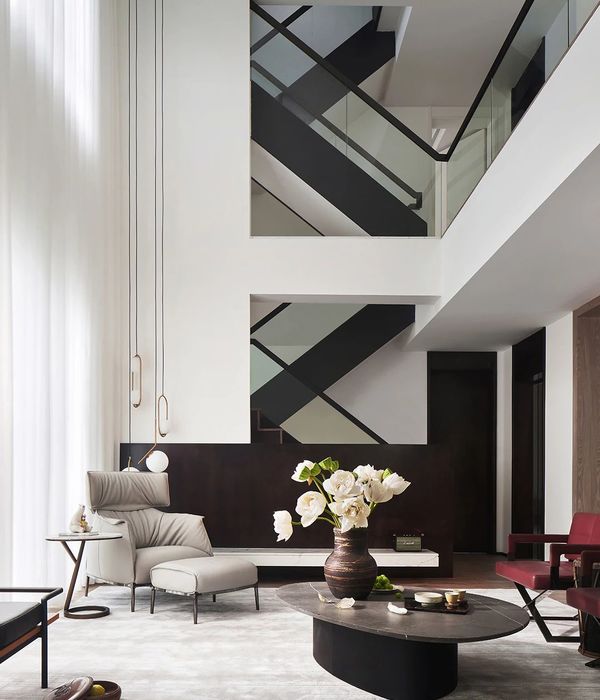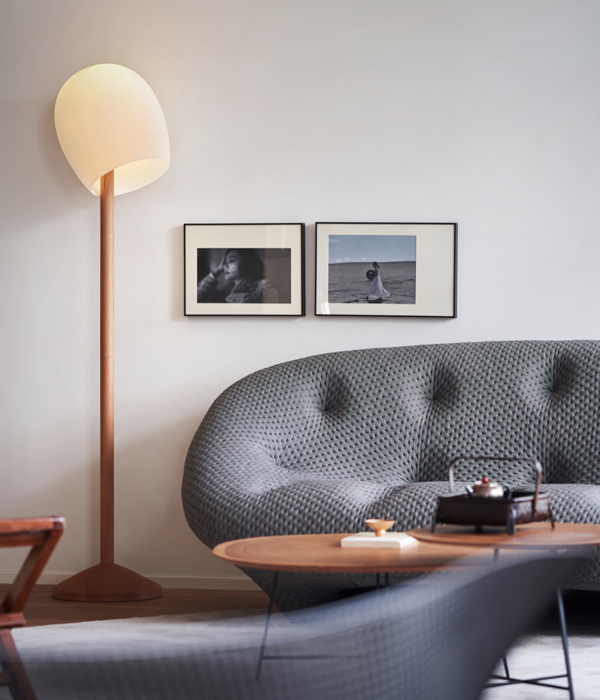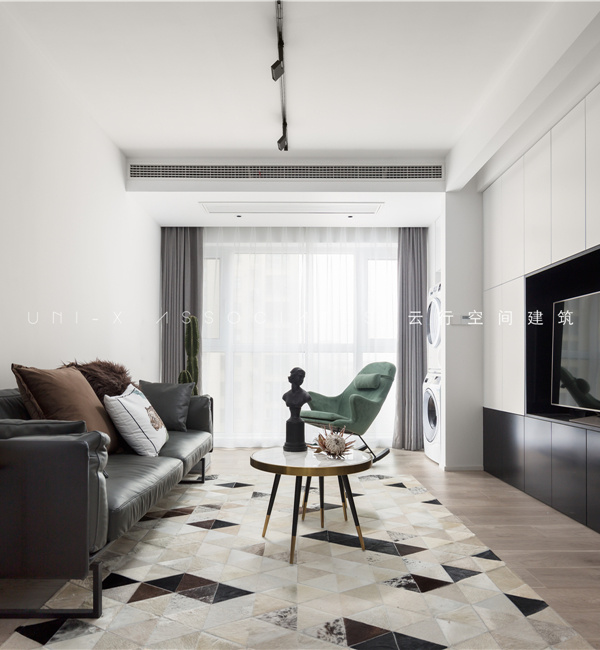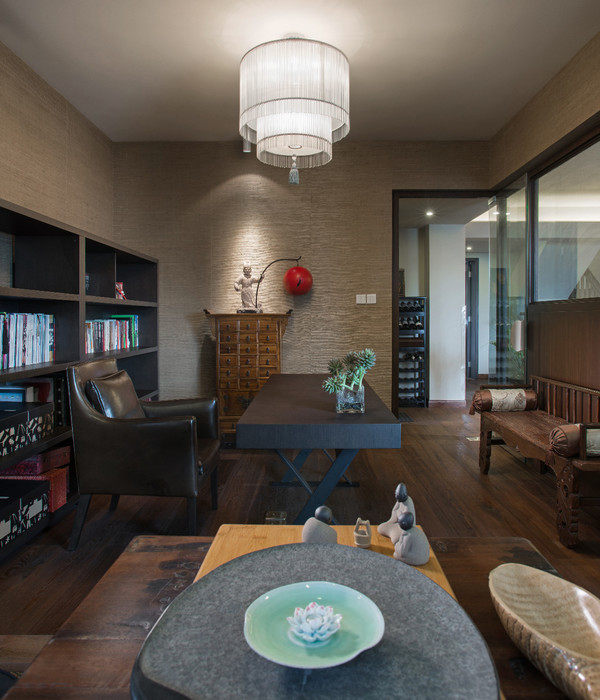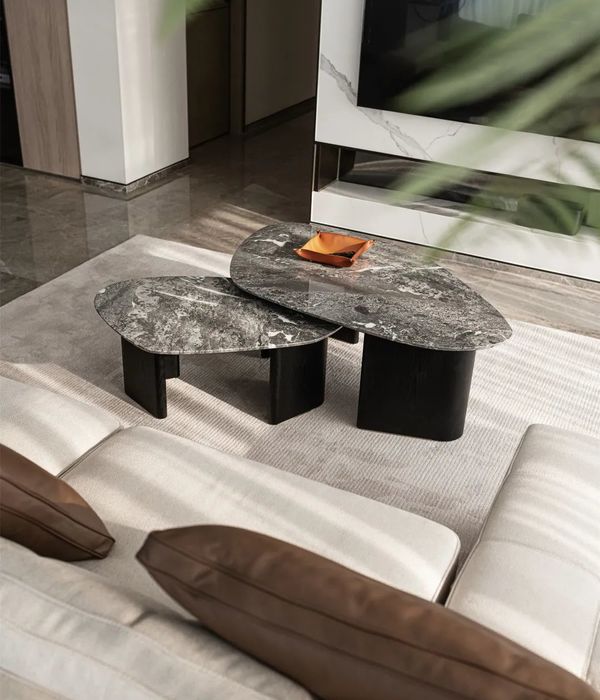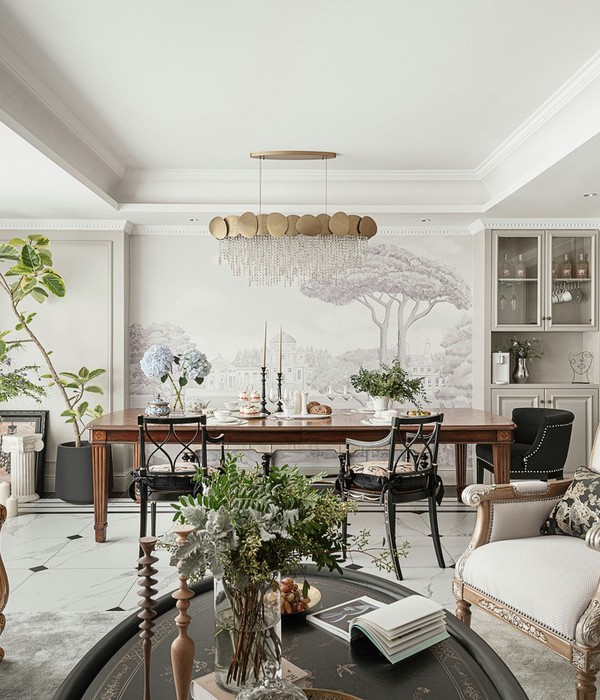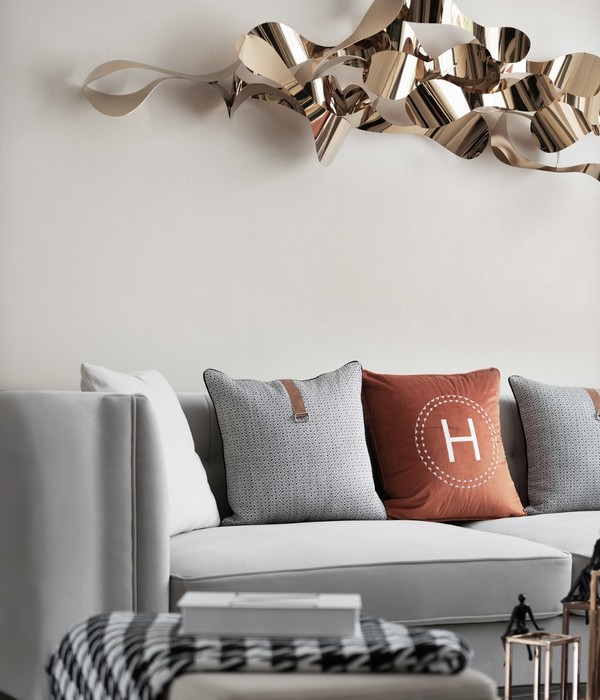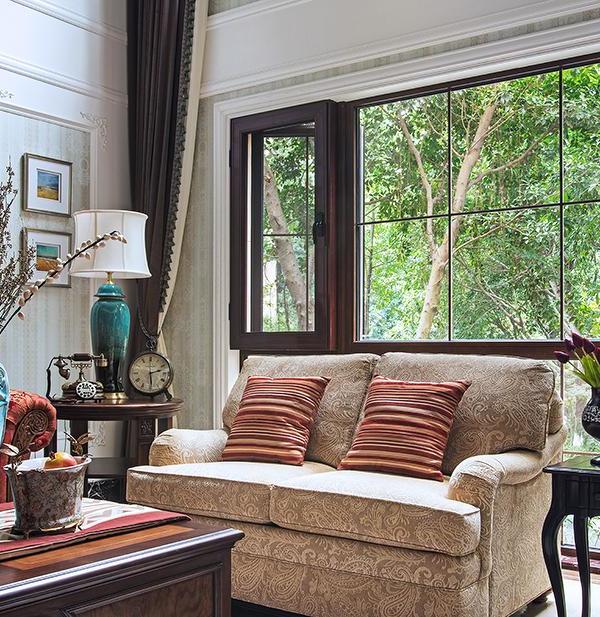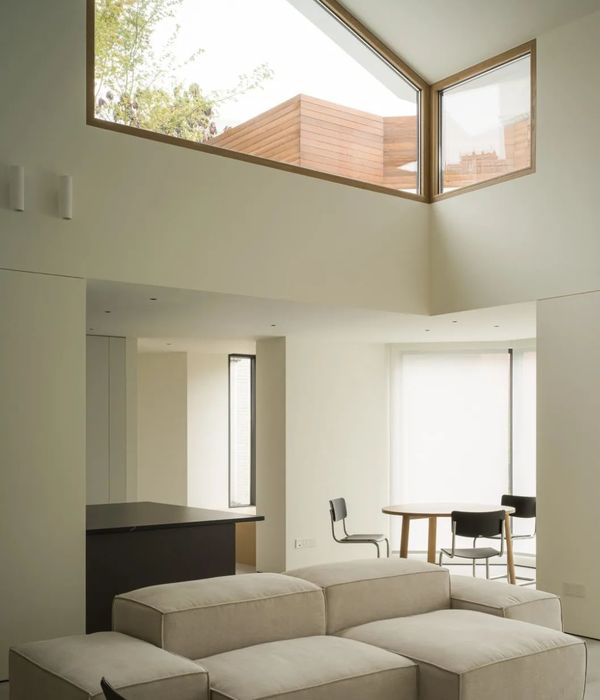Architect:henkai architekti
Location:Horní Bečva, Czechia; | ;View Map
Project Year:2023
Category:Apartments
Studio: henkai architekti
Author: Daniel Baroš, Michal Vašek, Jan Šimíček
Completion year: 1. phase 2023
The dispersed settlement of Horní Bečva is spread out in a wide valley of the Bečva River and its tributary streams. The location is within walking distance of the urbanized centre of the village and in the immediate vicinity of the river. Its value lies in its openness to the landscape and the views of the surrounding hills and horizons.
There are several historically naturally occurring clusters of buildings of rural character with proportionately long masses of buildings for housing and farm purposes. This gradually established urban structure of individual clusters, as if gravitationally connected buildings, today forms a charming romantic layer in the territory. Another, perhaps more significant urban layer in the vicinity is the construction of houses from the 2nd half of the 20th century and the beginning of the 21st century. This development already uses different urban design principles. They also differ in their architectural expression. This is probably a natural result of the leap in lifestyle and farming in the landscape and the greater emotional and physical connection of the residents to the city. What has emerged in the Beskydy region is a typical, disparate, rural mix of different historical approaches to architecture. The main perceived value here is therefore the natural mountain setting.
The design respects the layout of the street network from the zoning study. It develops and completes the layout of individual buildings and intermediate spaces in more detail. The massing of the houses is directly influenced by the given regulation (gable roof with a pitch of 38-45 degrees, ridge height max. 9m). It was therefore natural to use the proportional principles of the original romanticizing buildings, longer building masses for housing and barns, which can still be seen in the area.
The houses are also set further back from the road because of their orientation to the cardinal points. This creates a generous space where the main street becomes part of the inner park. The designed semi-public forecourt in front of the houses with access to individual apartments is a place for neighbours to meet and children to play. An environment that could be closer to the character of the village. Future mature greenery forms a kind of inner lung in the new urban structure.
Three types of apartment buildings are proposed. Part of the houses with maisonette apartments are oriented towards the inner park with their southwest facade and towards their more private garden with their northeast summer facade. Individual apartments have separate entrances from the southwest terraces oriented towards the semi-public park.
Some houses are deliberately turned towards the street with shorter gable walls. The reason for this is to approach the character of the seeming randomness of the village structure with differently oriented building masses and to break up the monotony of the alignment of the new structure. The two apartment buildings have the lower flats facing the eastern gardens and the upper loft flats facing west towards the street. The structure is complemented by two ancillary buildings integrating additional functions to the apartment buildings - storage rooms, common room and facilities for the building managers.
The buildings are designed as hybrid masonry structures in combination with timber construction. Vertical load-bearing structures are brick, horizontal structures and roof structures are wooden. Wood is also used in the loggia spaces of the terraces and on the facade. Primarily raw, unplaned timber with a grey topcoat is used. It is used extensively both in the exterior and interior as a visible construction of ceilings and roofs.
▼项目更多图片
{{item.text_origin}}

